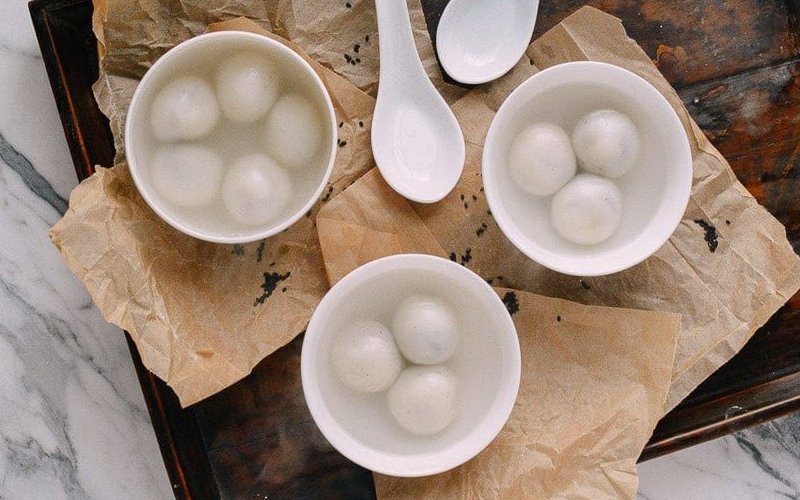While many Malaysians are busy doing their last-minute Christmas shopping, traditional Chinese families are preparing for a different kind of festival – the winter solstice, which falls on Dec 21.
Taking place on the shortest day of the year, the winter solstice festival has been celebrated as early as the Spring and Autumn period (770BC-476BC), during which Chinese astronomers observed that the nights are the longest at this time of the year.
This astronomical event has a cultural significance all around the world, and in East Asia in particular, the winter solstice is observed with the celebration of the Dongzhi Festival.
Dongzhi, which means, “the extreme of winter”, has been commemorated with festivities since the Han Dynasty (202BC–220AD), but variants of this festival are also celebrated by the Koreans, Japanese and Vietnamese.
On this day, Chinese families gather to feast on treats synonymous with the festival. In the north, people chow down dumplings whereas, in the south, glutinous rice balls called tangyuan are served in a hot syrupy soup.
But why all the fuss about the winter solstice in the first place? After all, many people don’t bat an eye as the day comes and goes.
Well, the reason why the winter solstice is an important event in Chinese tradition is tied to the philosophical idea of ‘yin’ and ‘yang’.
According to Chinese belief, ‘yang’ represents masculinity and positivity with ‘yin’ being its feminine opposite. It was the traditional belief that on the night of the winter solstice, ‘yin’ would be at its strongest before ebbing away day by day.
While this happens, ‘yang’ regains its strength, making the winter solstice a day worth celebrating.
Although Dongzhi was first celebrated during the Han Dynasty, it only rose to prominence during the Tang (618AD–907AD) and Song Dynasties (960AD–1279 AD).
This day was declared a public holiday and people would pay visits to each other to exchange gifts of food.
But it was more than just a day of social visits, as families would also offer sacrifices of food at the ancestral altar. Even the Emperor would often leave the comfort of the palace to place his offerings of worship at temples.
In temperate northern China, family feasts are held, with dumplings, wonton and mutton being among the common delicacies served.
It is said that the reason dumplings are the symbol of the festival in northern China is because of their ear-like shape. As the winter gets colder, people believe the consumption of dumplings will protect their ears from frostbite.
There is a legend about this a historical Han Dynasty physician, Zhang Zhongjing (25AD-220AD). It goes as such: Zhang was heading home when he passed through an area stricken with poverty. Many people were suffering from the bitter cold, with their ears frozen solid.
Unwilling to leave them to suffer, Zhang set up a makeshift clinic and ordered his assistants to boil mutton with some pepper and herbs. He chopped all the ingredients up, made dumplings and distributed them to the freezing people.
The dumplings brought the people some badly needed warmth and from then on, dumplings have been eaten to stay warm during the cold winter months.
However, things are different in the south, where the climate is milder. Here, tangyuan and noodles are more commonly associated with the festival and the rice flour balls and the bowls they are served in symbolise family unity.
Given that most Malaysian Chinese are of southern descent, it is not surprising that tangyuan is the staple celebratory dish of the winter solstice festivities here.
But, whatever you choose to eat on this special day, share it with your family. For those separated from their families this year due to Covid-19, find comfort in the belief that one can always count on family to be there for you – especially during these dark and difficult times.

